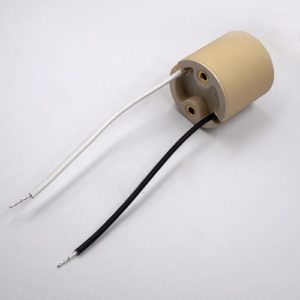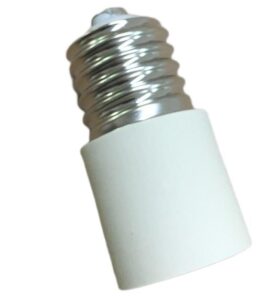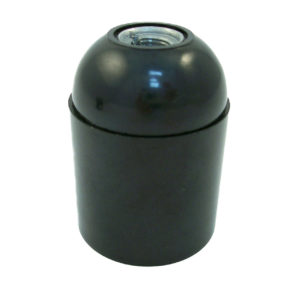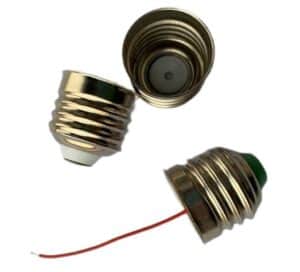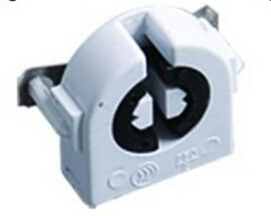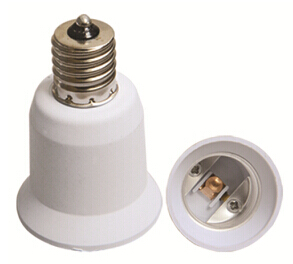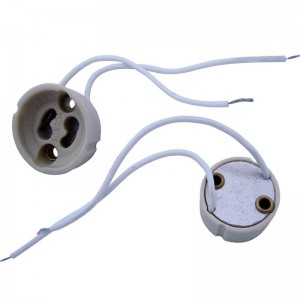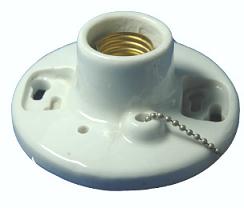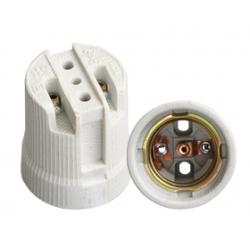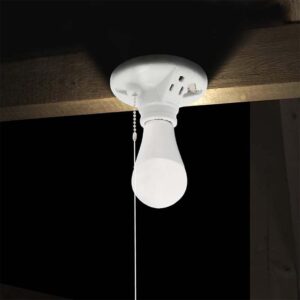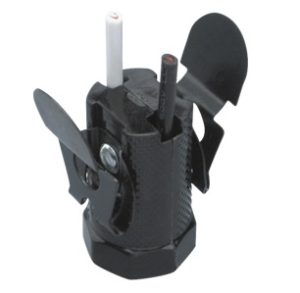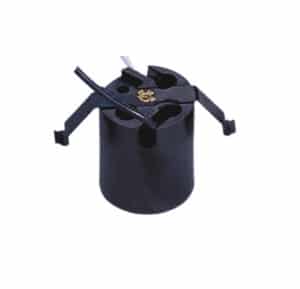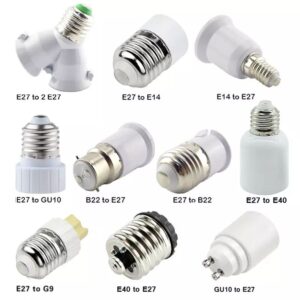Picking the right material for electrical components is important for safety and performance. Pick the wrong material and you might have a fire hazard, electrical shock or equipment failure. The good news is that plastic has some great features that make it a perfect material for these parts.
We use plastic in electrical plugs and switches because it’s a great insulator, it handles heat well, it’s strong and it’s cheap.
Let’s see the reasons why plastic is the best choice for electrical plugs and switches.
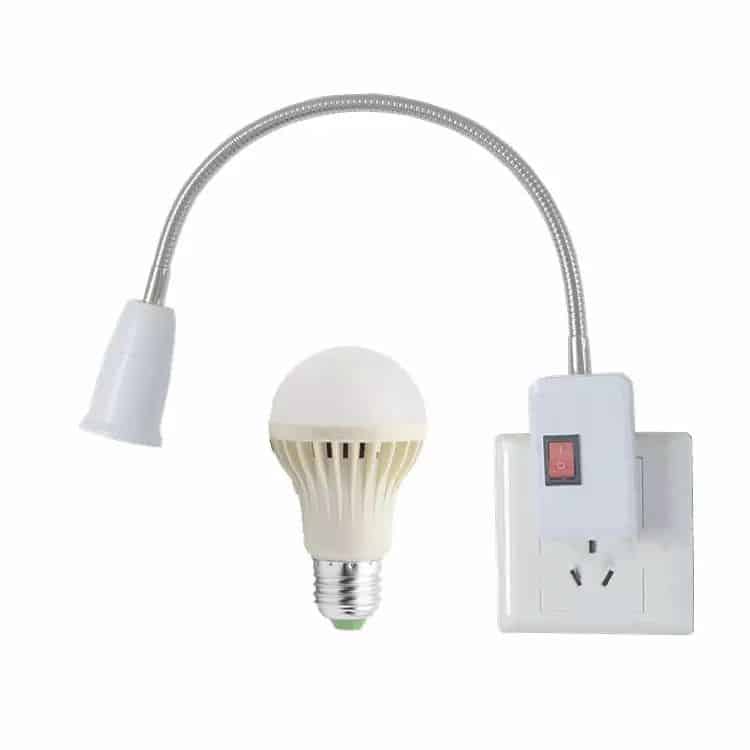
Insulating Properties of Plastic
Plastic is an excellent electrical insulator, which makes it the safest material for electric plugs and switches. It prevents electric current from passing through, protecting users from electrical shocks. This insulation is essential in homes, offices, and industrial settings where electrical safety is paramount.
By encasing electrical components like plugs, light sockets, and switches in plastic, manufacturers can ensure that users handle them safely, even when dealing with high-voltage circuits.
Heat Resistance
Electric plugs and switches generate heat when in use, especially in high-wattage appliances. Plastic, particularly thermosetting types like Bakelite, is resistant to high temperatures. This heat resistance prevents the material from melting or deforming, ensuring that plugs and switches remain functional under continuous use.
In contrast to metals, which conduct heat and electricity, plastic offers the perfect balance of durability and heat resistance, ensuring electrical safety in high-load environments.
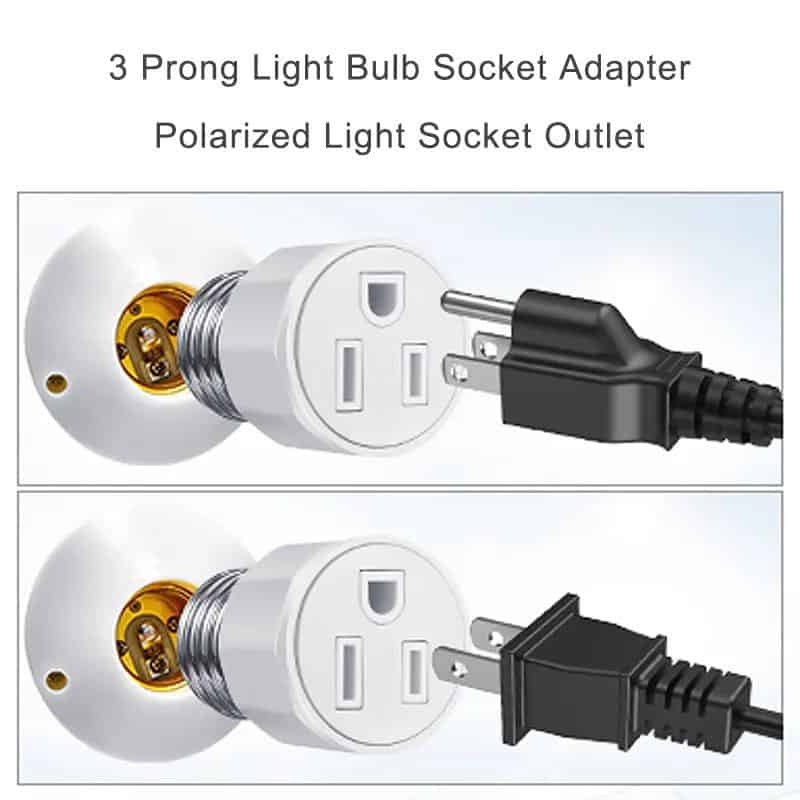
Durability and Longevity
Plastic is known for its durability and ability to withstand wear and tear. Electric plugs and switches are used multiple times daily, and plastic materials can endure this constant use without degrading. Plastic components are resistant to cracking, breaking, and corrosion, making them a long-lasting option for electrical installations.
This longevity reduces the need for frequent replacements, saving both time and money for consumers and businesses.
Non-Conductive Nature
The non-conductive nature of plastic is another key reason it is used for electric plugs and switches. Unlike metals, plastic does not conduct electricity, which adds an extra layer of protection against electrical hazards. By using non-conductive plastic as the outer shell, manufacturers can ensure that users are shielded from live electrical parts.
This property makes plastic ideal for insulating plugs and switches, particularly in environments where accidental contact with live wires could be dangerous.
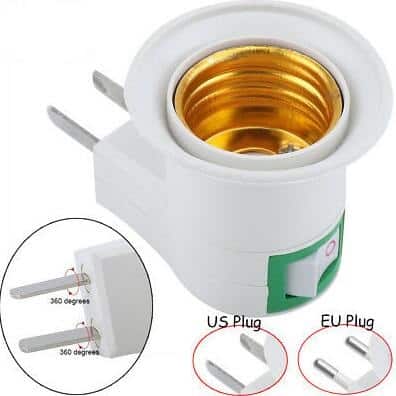
Lightweight and Cost-Effective
Plastic is significantly lighter than other materials like metal or ceramic, which makes it easier to handle and install in electrical applications. This lightweight nature is especially beneficial in mass production, where reducing the overall weight of products can lead to lower shipping costs and easier installation.
Additionally, plastic is a cost-effective material, making it an affordable option for both manufacturers and consumers. Its low production costs help keep electrical products within a budget-friendly range without compromising safety or quality.
Fire Retardant Qualities
Thermosetting plastics, like Bakelite and phenolic resins, are known for their fire-resistant properties. These materials do not easily catch fire, and when exposed to high heat, they do not melt or drip like some other plastics. This makes them ideal for use in electrical components where there is a risk of overheating or electrical short circuits.
By using fire-resistant plastics in electric plugs and switches, manufacturers can reduce the risk of fires caused by electrical malfunctions.
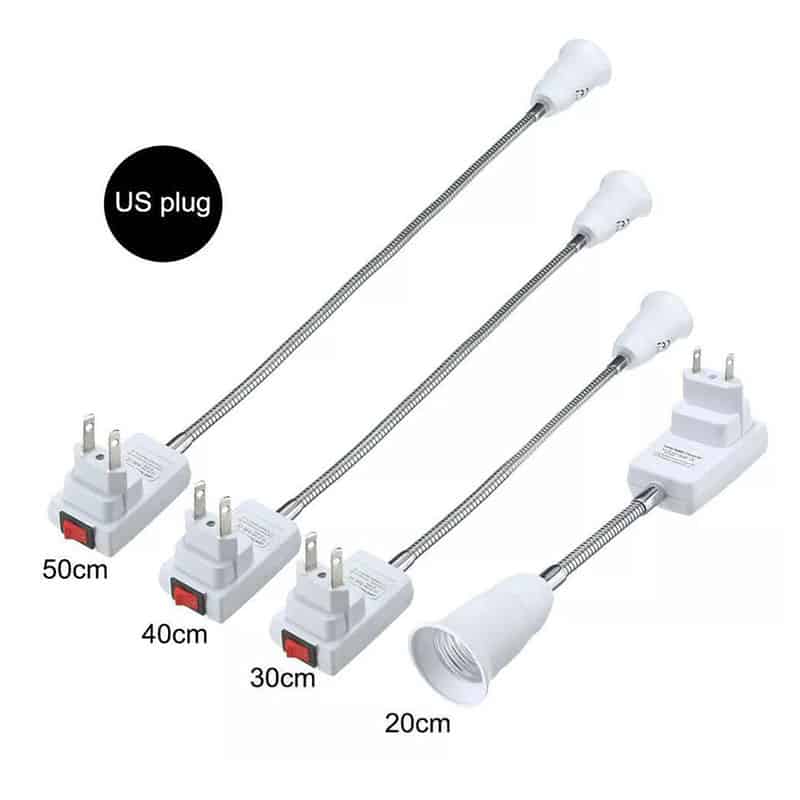
Versatility in Design
Plastic can be easily molded into various shapes and sizes, making it highly versatile for creating different designs of plugs, switches, and lamp sockets. Whether manufacturers need ergonomic designs for easy handling or sleek modern styles for aesthetic appeal, plastic offers the flexibility to create customized electrical components.
This versatility also extends to safety features, such as childproof socket covers and tamper-resistant switches, which can be integrated seamlessly into the design of plastic components.
Resistance to Environmental Factors
Plastic is highly resistant to environmental factors such as moisture, UV rays, and chemicals. This resistance makes it ideal for both indoor and outdoor electrical applications. In humid environments like kitchens and bathrooms, plastic-covered switches and plugs do not corrode or degrade over time.
For outdoor applications, plastics that are UV-resistant prevent sun damage, ensuring that electrical components remain functional and visually appealing even after prolonged exposure to the elements.
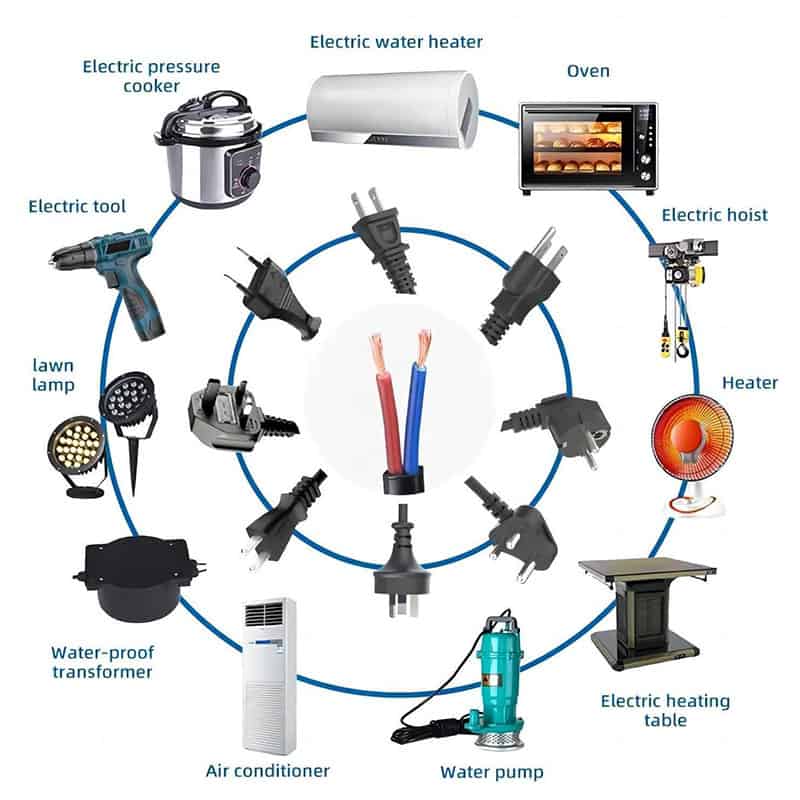
Safety in Mass Production
Plastic is easy to manufacture at scale, which makes it the go-to material for producing large quantities of electrical components. Using processes like injection molding, manufacturers can quickly produce thousands of units with consistent quality.
The use of plastic in mass production also helps ensure that all safety standards, such as UL and CE certifications, are met, providing consumers with reliable and safe electrical products.
Easy Maintenance and Replacement
Plastic electrical components are easy to maintain and replace. Unlike metal components that may corrode or become damaged over time, plastic is resistant to environmental wear, reducing the need for frequent replacements. When replacement is necessary, plastic components are easy to install due to their lightweight and modular design.
This ease of maintenance makes plastic plugs, switches, and bulb sockets a convenient option for both residential and commercial electrical systems.
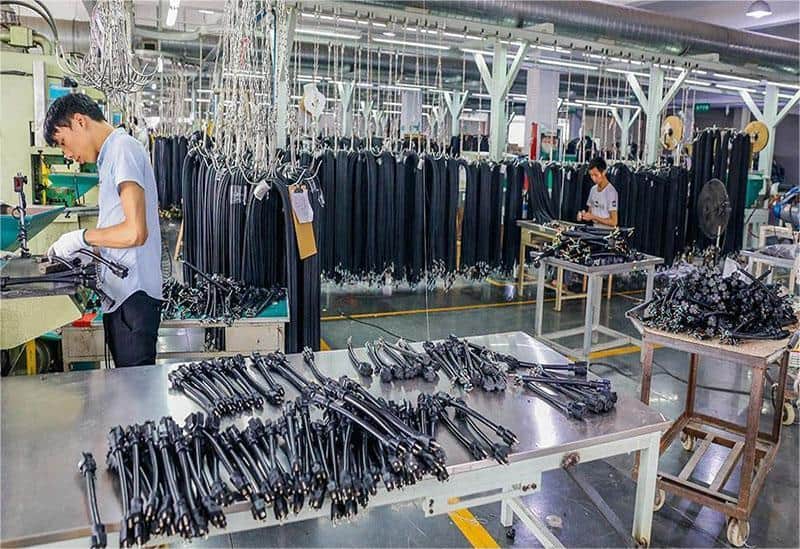
Final Words:
We use plastic in electric plugs and switches because it’s a great insulator, it handles heat well, it’s strong and it’s cheap.

